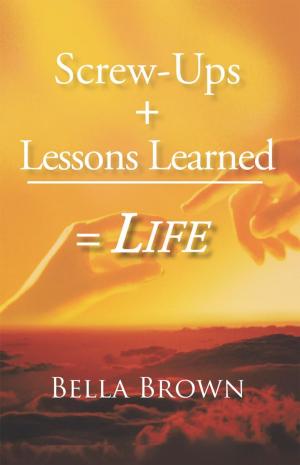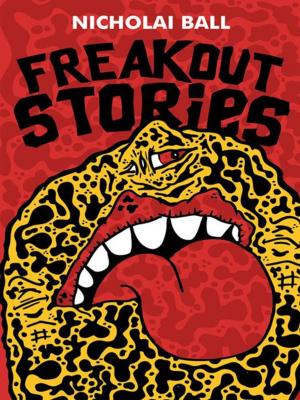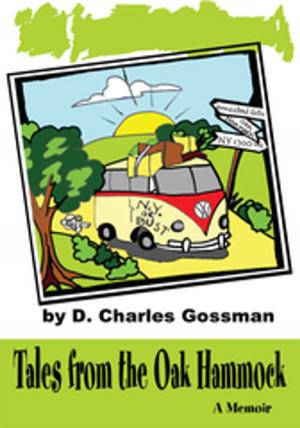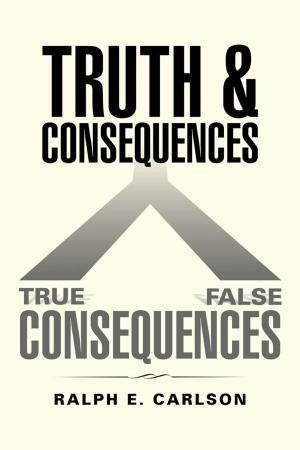| Author: | Richard T. Stanley | ISBN: | 9781475991178 |
| Publisher: | iUniverse | Publication: | May 28, 2013 |
| Imprint: | iUniverse | Language: | English |
| Author: | Richard T. Stanley |
| ISBN: | 9781475991178 |
| Publisher: | iUniverse |
| Publication: | May 28, 2013 |
| Imprint: | iUniverse |
| Language: | English |
The Psychedelic Sixties were turbulent times filled with periods of ecstasy and despair. Who could have predicted that President Kennedy's Camelot would end with his televised assassination? Or that Harvard psychologist Timothy Leary's "Concord Prison Project" would evolve into his becoming the pied piper of LSD, the Psychedelic Revolution, and the Hippie Movement? To the credit of many Americans, a key characteristic of the Psychedelic Sixties was the search for solutions to society's social problems. But who could have predicted that President Johnson's "Great Society" would soon fall victim to race riots, student protests, and an increasingly unpopular war in Vietnam?
Throughout the sixties, regular folks tried to find relief by watching TV comedies, motion picture musicals, and major sports events. And music --- from The Beatles to The Rolling Stones. Despite all the decade's chaos and bloodshed, public and private schools at all levels grew at unprecedented rates. And corporate America and our schools were more in cahoots than ever: "Want a good job? Get a college degree!" And, in 1969, as some Hippies still exclaimed, "Tune in, turn on, drop out!", an American named Neil Armstrong WALKED ON THE MOON!
The Psychedelic Sixties were turbulent times filled with periods of ecstasy and despair. Who could have predicted that President Kennedy's Camelot would end with his televised assassination? Or that Harvard psychologist Timothy Leary's "Concord Prison Project" would evolve into his becoming the pied piper of LSD, the Psychedelic Revolution, and the Hippie Movement? To the credit of many Americans, a key characteristic of the Psychedelic Sixties was the search for solutions to society's social problems. But who could have predicted that President Johnson's "Great Society" would soon fall victim to race riots, student protests, and an increasingly unpopular war in Vietnam?
Throughout the sixties, regular folks tried to find relief by watching TV comedies, motion picture musicals, and major sports events. And music --- from The Beatles to The Rolling Stones. Despite all the decade's chaos and bloodshed, public and private schools at all levels grew at unprecedented rates. And corporate America and our schools were more in cahoots than ever: "Want a good job? Get a college degree!" And, in 1969, as some Hippies still exclaimed, "Tune in, turn on, drop out!", an American named Neil Armstrong WALKED ON THE MOON!















